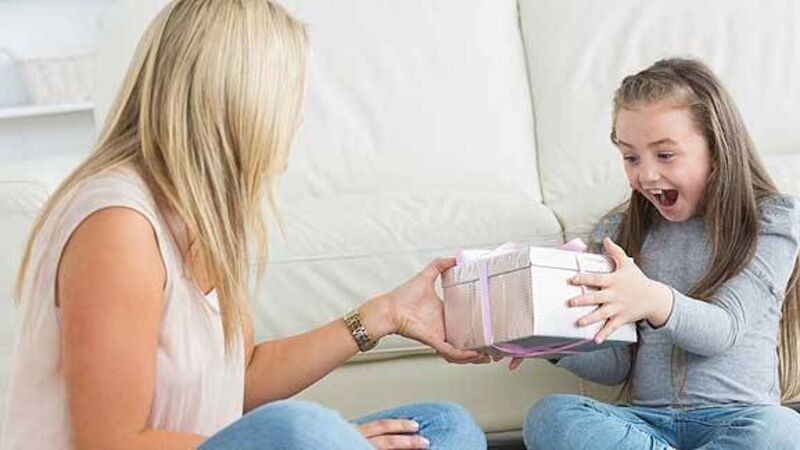Teach your children to be polite

Children learn by repetition — reminding them of what’s polite is important, says Joanna Fortune, clinical psychotherapist and director of Solamh Parent-Child Relationship Clinic.
She sees good manners as learned behaviour and parents’ job is to help children learn.
“It’s perfectly ok to say to your child: ‘I think you forgot how we speak to others — would you like to try again?’ This allows them to self-correct the behaviour. Praise them when they get it right.”
Fortune urges parents not to underestimate the value of raising children with good manners.
“Its importance goes beyond politeness. It teaches children to grow up kinder and more considerate of others and of their environment.”
She sees plenty to suggest good manners are being lost by some in society. “Parents say of their child ‘he never says please or thank you’. I ask about the consequences when he doesn’t — does he get what he’s looking for? ‘Oh, he does,’ they say. Instead, the thing shouldn’t be given until he says ‘please’.”
Parents should teach good manners by example, always saying ‘please’ and ‘thank you’ even when addressing children about behaviour the parent doesn’t like, such as ‘please take your truck off my foot’ rather than ‘don’t do that’.
Another golden rule is to be consistent and avoid mixed messages. “Behaviours we expect in a restaurant might sometimes not match what happens at home. Sitting in your chair at the table, saying ‘please’ and ‘thank you’, not shouting or using rude words, not using phones or devices at the table — these behaviours should be expected at home, as well as when eating out,” says Fortune.
Sharing is probably the most challenging area of good manners for all children. “Practise from when they’re young. Model it — parents should share cookies, chocolate bars, time with children.”
To teach children appreciation for gifts, they should be encouraged to write thank you pictures or notes from a young age. And if you want your child to politely accept compliments, they have to see you doing it. Let them hear you saying ‘thank you’ — rather than ‘Oh no — this old thing? I look a right mess’.
* Lead by example.
* Encourage good manners at home — they’re not just for when you’re out or when people visit.
* Praise children’s good manners.
* Ensure child gets enough sleep, food and exercise. Behaviour, including manners, will be better.










